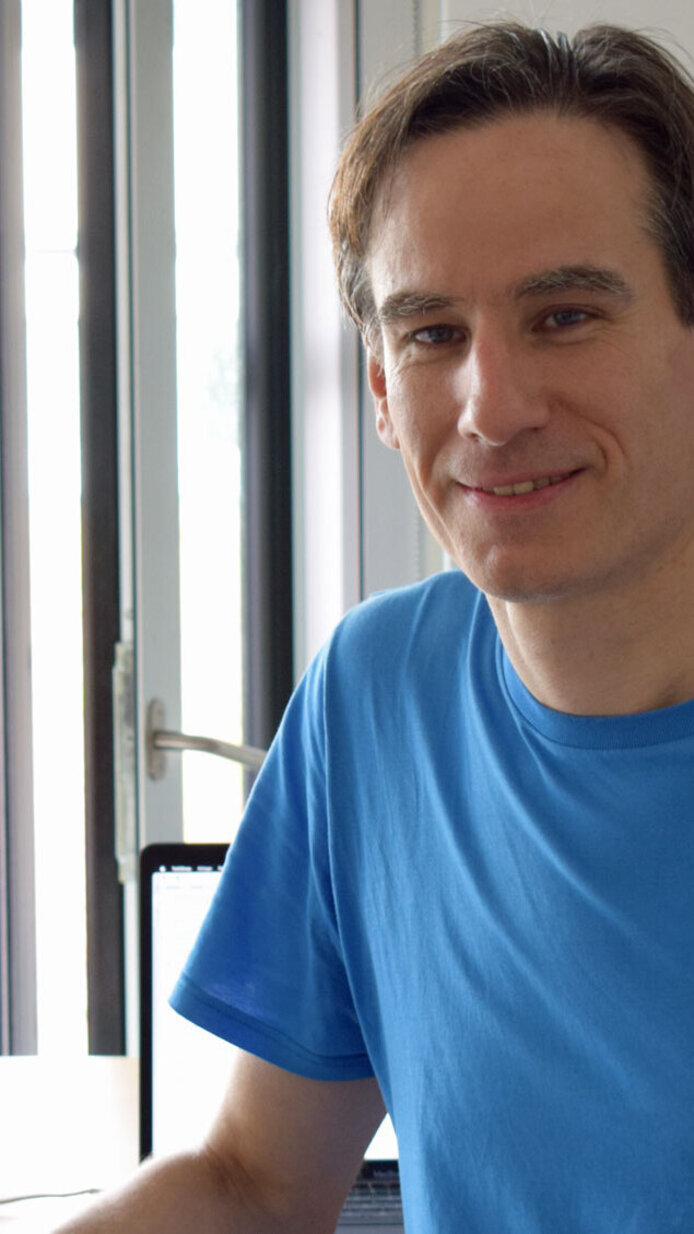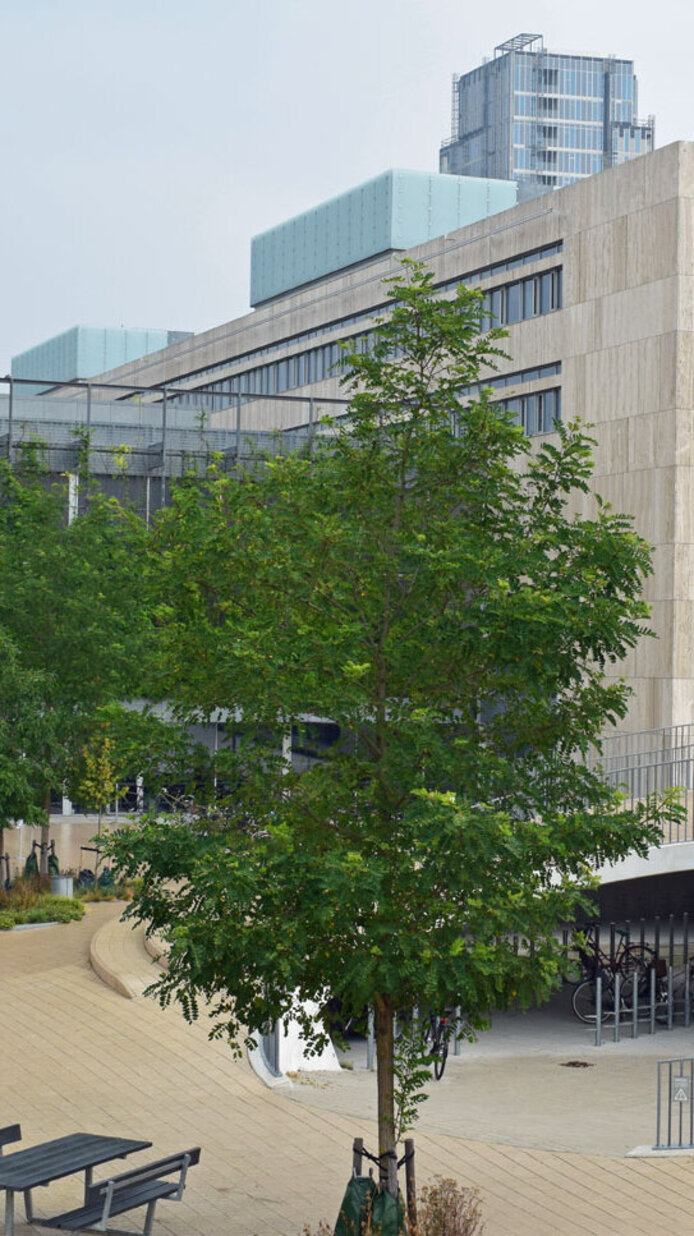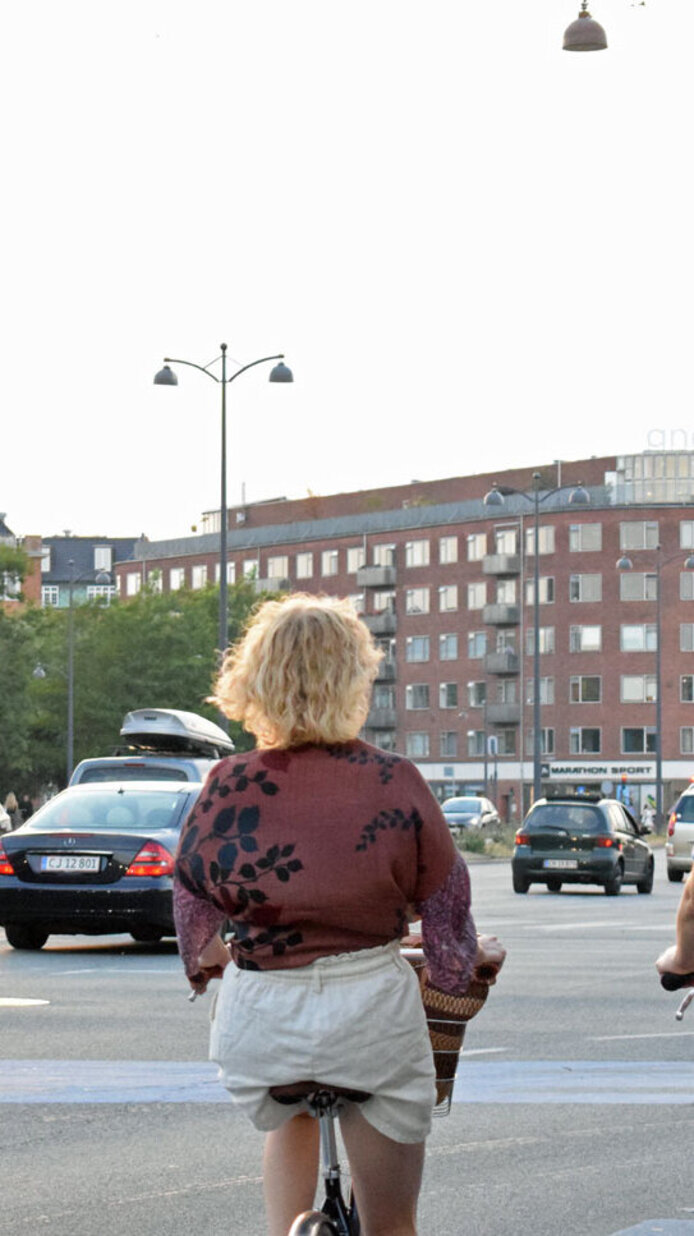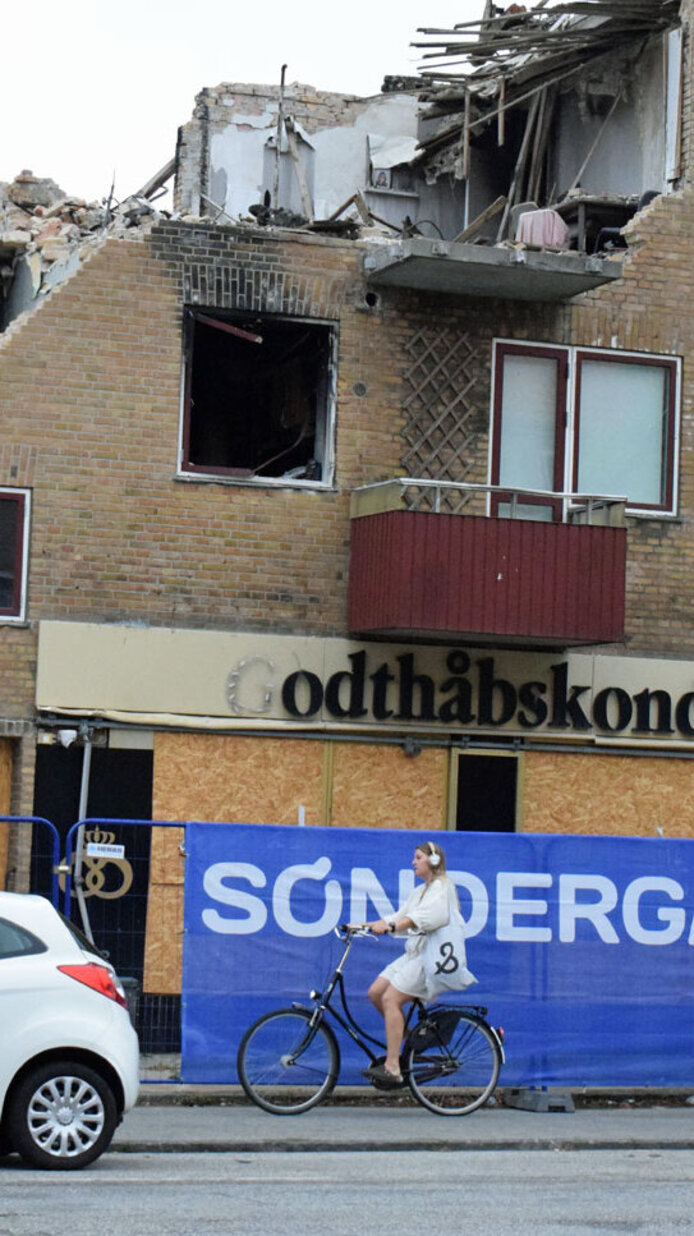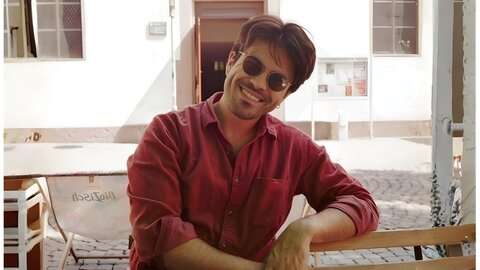Two phenomenologies, two places
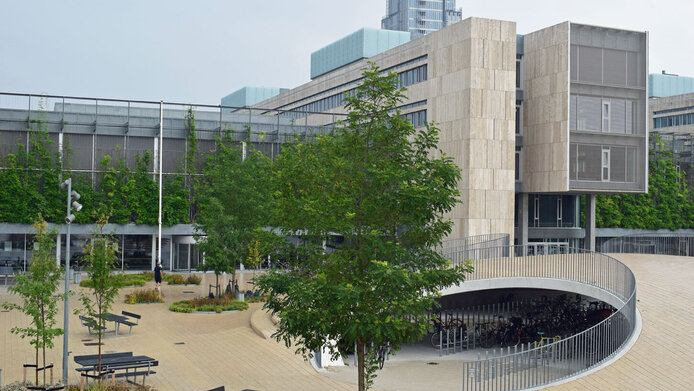
It may happen that Schrödinger fellows get to stay at not one, but two host institutions. In my case, these are the Institut des Sciences Juridique et Philosophique de la Sorbonne (ISJPS) at the University of Paris 1 and the Center for Subjectivity Research (CFS) at the University of Copenhagen. I am investigating points of overlap or, rather, points of dissent between phenomenology as founded by Edmund Husserl and linguistic phenomenology in the footsteps of J. L. Austin, Gilbert Ryle and Ludwig Wittgenstein. I am particularly interested to learn what disparities might tell us about the respective approaches.
Sandra Laugier has revived linguistic phenomenology at the ISJPS. It has to be said, though, that classical phenomenology has become much more firmly institutionalised in comparison. Having been founded in 2002, the CFS in Copenhagen under the leadership of Dan Zahavi is a relatively late example of this institutionalisation. The first five months of my first year in Paris were still marked by lockdowns, so that initially all research exchanges were conducted online. On my first day in Copenhagen, on the other hand, I was able to experience the city entirely without Covid-19-related restrictions. In what follows I would like to describe how I have fared in Denmark since then.
The Center for Subjectivity Research (CFS)
The CFS is dedicated to the systematic and interdisciplinary study of subjectivity. Although the Center is relatively small in terms of permanent staff – Dan Zahavi being the only full professor – it is extremely active in research. Since the beginning of my stay in February this year alone, I have counted 16 visiting researchers. At the numerous conferences that have taken place since my arrival, I have enjoyed presentations from representatives of a wide range of disciplines. My host researcher is Søren Overgaard, and it is with him that I have the greatest overlap in terms of research interests. He has initiated a reading group where we discuss papers that are ready for submission to scientific journals.
I myself will soon be presenting for discussion an essay on the question of the extent to which different people can have the same sensations, such as pain. It is often claimed that you can only experience the same, but not the identical pain, meaning that each of us has or feels something that no one else can have or feel. This way of looking at things is often taken for granted in phenomenology, and it is sometimes expressed with the help of the type-token distinction. (To explain: the letter sequence A-A-B consists of three occurrences of two different letters, i.e. three tokens and two types.) Nevertheless, it can be shown that this statement leads to confusion, since states cannot be counted in this way, but only instances of having such states. It makes no sense, however, to claim that someone else cannot share my having a certain state. So, what is it then that is believed to be impossible to be shared?
Working conditions on the South Campus of the University of Copenhagen are excellent. My desk can be used as a standing desk and a reference library with complete editions of philosophical works is two floors down. Online access to journals and monographs is very good, and there is a main library just across the street. There are two cafés, four cafeterias – one exclusively vegetarian – and during term time there is mobile catering nearby. It’s worth mentioning that CFS members pick up lunch in one of the cafeterias and then eat it together – just another reason why exchanges are very lively here.
The city of Copenhagen
“Four Sheets to the Wind in Copenhagen” goes the subtitle of a Copenhagen-inspired song by Tom Waits, and now I understand why: Copenhagen is a windy city. That can be a problem for the fire brigade. Just on my birthday, a row of houses in the neighbourhood was destroyed by a fire. On the up side, no one was injured, but on the down side the nearest bakery disappeared in the blaze.
Another thing: the best way to get around in Copenhagen is by bicycle. As a visiting researcher, I was offered a flat through the Housing Foundation, but it is in Vanløse, seven kilometres from the South Campus. While the gradient is moderate, 70 kilometres a week might be a bit much, or at least that’s what I thought at first. In the meantime, cycling has become part and parcel of my fitness programme during my stay, with the added benefit that I don't have to decide whether I should go for a run at the weekend. (Of course I don’t: I take a rest!) By now I have grown to like this constellation so much that next year, when I'm back in Austria, I don't want to live too close to the University of Graz. Seven kilometres wouldn't be bad – or, well, perhaps a little less.
